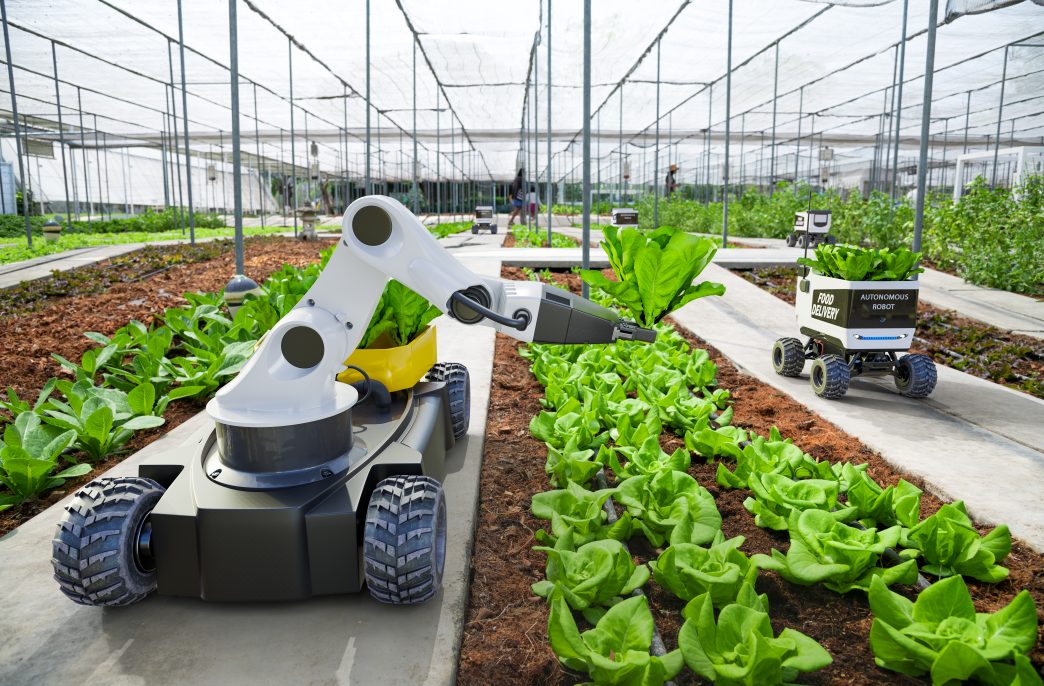7 ways for innovative tech to transform modern agriculture

Agriculture, the backbone of human civilization, is undergoing a transformative era, shaped by innovative technologies. From traditional hand tools to modern industrial machines, the field has always evolved, but today, technology is not just an aid—it’s fundamental. The focus is on smarter, sustainable practices to feed the growing global population without depleting resources. Sustainability is now a necessity, not just a buzzword, in the face of climate change, diminishing natural resources, and increasing population demands.
1. Smart Agricultural Practices
Precision agriculture, leveraging GPS technology and sensor data, has revolutionized farming. It allows for precise navigation, optimal resource use, and informed decision-making. Automated machines, including drones and robots, have transformed labor-intensive farming tasks, offering efficiency and precision.
2. Hydroponics and Vertical Farming
Hydroponics and vertical farming are redefining the use of space in agriculture. These methods enable soil-less farming and stacked farming systems, respectively, turning even small urban spaces into productive farms.
3. Usage of Big Data and AI
Data-driven agriculture, supported by artificial intelligence (AI), is reshaping the industry. AI’s predictive analytics and machine learning capabilities are optimizing crop rotation, planting schedules, and more, making farming smarter and more responsive.
4. The Evolution of Chainsaws
Chainsaws, an unlikely yet integral tool in modern farming, have evolved to be more efficient and sustainable. Their precision cutting is crucial for maintaining healthy orchards and forests, contributing to sustainable land management practices. Modern chainsaws are also safer and more ergonomic, enhancing user comfort and safety.
5. Environmental Considerations
The agricultural sector is actively working to reduce its environmental impact. Technological innovations help minimize greenhouse gas emissions, and precision farming techniques ensure efficient use of resources. Water conservation and the integration of renewable energy sources are other critical aspects of sustainable agriculture.
6. Challenges and Opportunities
The integration of technology in agriculture faces challenges like accessibility, affordability, and skill gaps. Addressing these requires collaboration among governments, industry, and educational institutions. The future of agritech is promising, with potential advances in gene editing, nanotechnology, and AI.
7. Shaping the Future of Agriculture
The shift towards technology-driven agriculture is essential for a sustainable future. This transition requires the collective effort of various stakeholders, including farmers, governments, private companies, and research institutions. By embracing innovative practices and investing in research and development, these stakeholders are pivotal in creating a future where technology and sustainability form the core of agricultural practices.



